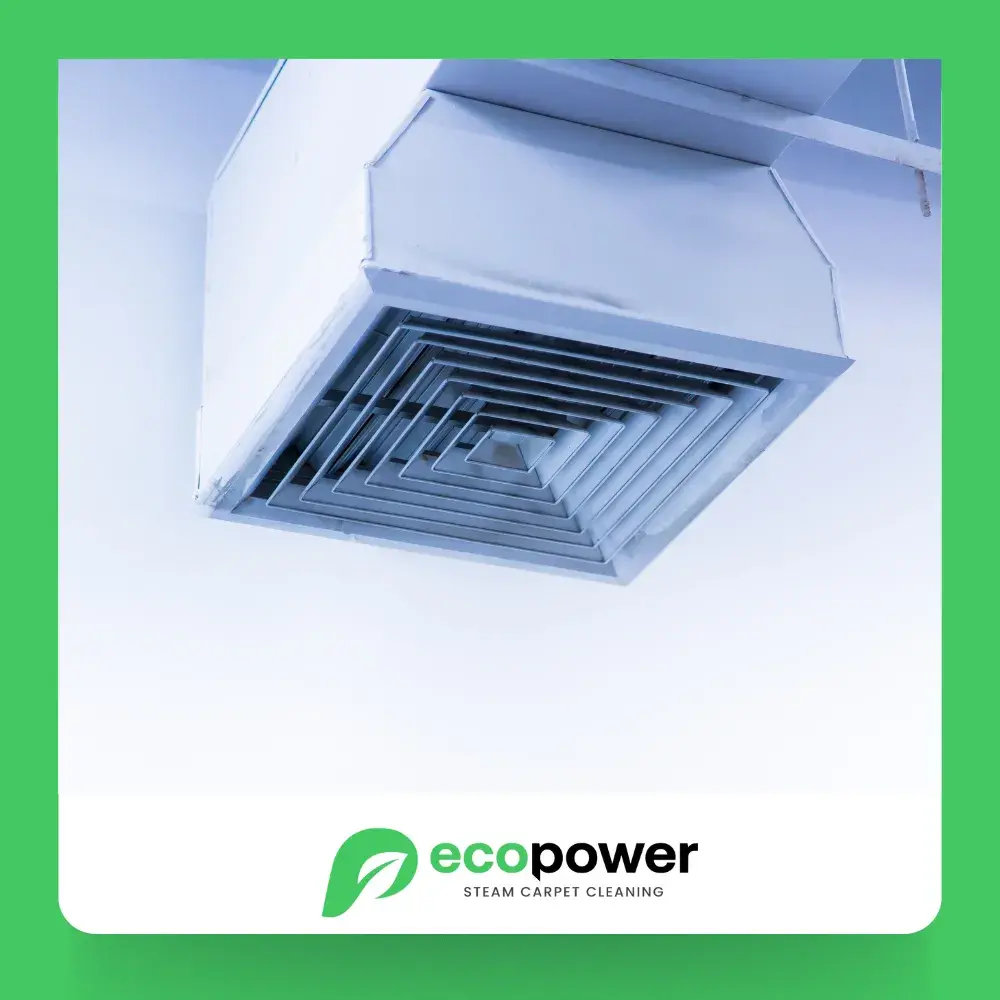How Air Ducts Affect System Performance
The state of a home’s ductwork can significantly affect the performance of the HVAC system. Old or deteriorating ducts often develop leaks or become clogged, restricting airflow and forcing the system to work harder to maintain the desired indoor temperature. When air duct replacement is performed, these issues are resolved, allowing air to flow freely throughout the home. Properly functioning ductwork helps maintain consistent temperatures across all rooms, reducing energy consumption and extending the lifespan of the HVAC unit.
Enhancing Temperature Consistency with New Ducts
One of the most noticeable benefits of air duct replacement is the improvement in temperature consistency. When ducts are damaged or not properly sealed, some areas of the home may receive more conditioned air than others, leading to uneven heating or cooling. By installing new, well-sealed ductwork, homeowners can eliminate these variations and ensure that every room remains comfortable. This balanced airflow reduces the need for the HVAC system to frequently turn on and off, promoting energy efficiency and minimizing wear and tear on the equipment.
The Importance of Duct Sizing and Design
A critical aspect of air duct replacement is ensuring that the new ducts are properly sized and designed to meet the specific needs of the home. Ducts that are too small or too large can impede airflow, making the HVAC system work harder than necessary. Professional duct replacement includes careful assessment and customization to optimize the layout, improving both efficiency and comfort. A well-designed duct system enhances the system’s ability to deliver air where it is needed most, making the home more energy-efficient.
Reducing Energy Loss and Saving on Utility Costs
Energy loss is a common problem in homes with outdated ductwork, as leaks and poor insulation allow conditioned air to escape before it reaches the living spaces. Air duct replacement addresses these inefficiencies by installing new, tightly sealed ducts that prevent air from leaking. This upgrade helps to retain more of the heated or cooled air, resulting in lower energy usage and reduced utility bills. Over time, the cost savings from improved HVAC efficiency can offset the initial investment in new ductwork, making it a cost-effective choice for homeowners.
Upgrading to new air ducts is a proactive way to maximize HVAC efficiency and improve overall home comfort. By addressing issues with outdated ductwork, homeowners can achieve a more energy-efficient living space that supports sustainable energy use and cost savings.
Learn More
Air Duct Replacement: A Key Factor in Reducing Energy Consumption
The Connection Between Air Duct Replacement and Lower Energy Bills

